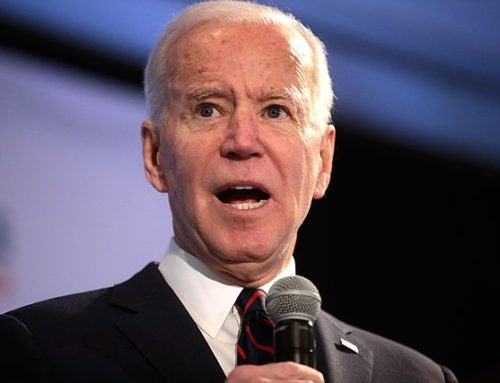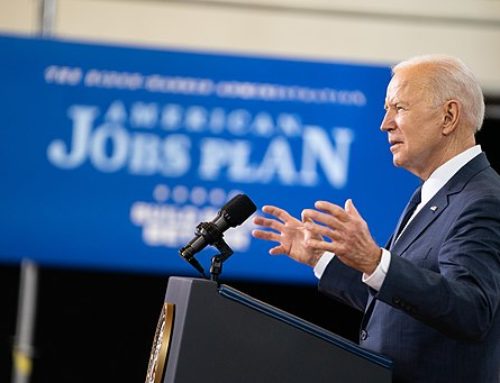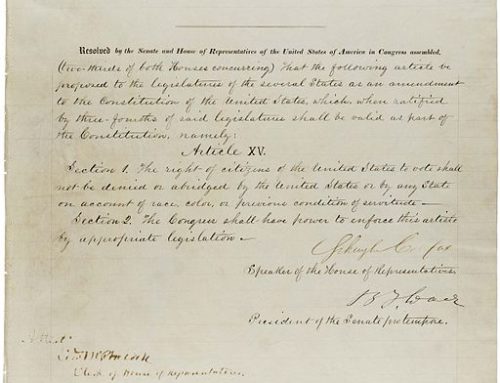Over the past few days, I have become angered and confused over articles about the fees that the Clinton’s have received. Specifically, my inquiry was initiated by reports that a foundation associated with UCLA paid Hillary Clinton $300,000 for a speech (Meyer Luskin foundation). It was further revealed that the same foundation paid Bill $250,000 a few years earlier. In brief, Mr. Luskin has used UCLA to have access to the Clintons’ rolodex.
My anger is twofold: (1) about the largesse of this specific fee to Ms. Clinton and (2) that a university would be associated with such an extraordinary payout. In brief, I do not like it when I believe somebody is “gaming the system.” In a period of time when we are in earnest discussions about the high cost of college education, enormous student loans, and income inequality, I find it offensive that a state university would be party to such a transaction for the following reasons:
UCLA is promoting directly income inequality when a speaker receives for an hour speech 6 times the average annual income of our citizens
UCLA could have striven to leverage Ms. Clinton’s speech into a scholarship fund raising opportunity for its students.
UCLA is harboring a potential conflict of interest between Scope Industries (the company Mr. Luskin founded and is currently the CEO) and the public, given the enormous political clout of the Clintons.
For some time, I have believed that politicians have now legalized payoffs through outrageous fees for writing books and speaking engagements. Instead of using a brown bag to enrich politicians, companies now give absurd speaking fees. Are you listening Spiro Agnew?
The Washington Post reported on June 27th that Bill Clinton has received since leaving office in 2000 $105 million for 542 speeches—some $200,000 per speech. While the financial industry has been his largest supporter, some $20 million, foreign governments have also paid Mr. Clinton handsomely. Given Mr. Clinton’s current high level of influence and the chance for enhanced influence if his wife becomes the next president, we have created huge opportunities for conflict of interest. As 2008 proved in spades, it is not healthy when either the financial industry or foreign governments have enormous influence over our legal representatives.
To be fair, I am certain that the offenses that I am highlighting are widespread, encompassing politicians of both parties. My anger is that a high proportion of such payouts are in anticipation of gaining influence over the legislative and regulatory process.
Over the past few years, there has been much discussion over income inequality and raising taxes on the 1%. My personal view is that income inequality is not the primary source of America’s economic problems. From my perspective, while we certainly should consider raising taxes on people earning more than several million dollars, I have a lot of admiration for entrepreneurs who have founded great companies such as Google, Amazon, Apple, etc. or corporate executives that are running major corporations. Instead of attacking the 1 percent, I worry that precipitate actions would stifle America’s great ingenuity. Stated differently, please show me countries in Europe that are growing faster than America which have less income inequality.
On the other hand, I have no tolerance for politicians such as the Clintons and Newt Gingrich who are making fortunes for their access to power. While the IRS code cannot differentiate between the income earned by politicians and corporate executives, I am not bound by such restrictions. In brief, it angers me when politicians urge raising taxes on people earning $250,000. They argue that this is fair, because they also are subject to such taxes. Is it fair, when a person makes an hour speech and earns $300,000 while an executive puts in sixty hour weeks to earn comparable income? I believe not!
From ‘dead broke’ to multimillionaires
By Kennedy Elliott, Alexander Becker, Philip Rucker, Tom Hamburger and Peter Wallsten,
Published Washington Post: June 27, 2014
Bill and Hillary Clinton left the White House in January 2001 with massive debts. Their family was “dead broke,” Hillary said recently. Starting two weeks after his last day as president, Bill began giving paid speeches — a career that has generated extraordinary wealth.
A Washington Post review of the Clintons’ federal financial disclosures has found that Bill was paid $104.9 million for delivering 542 speeches around the world between January 2001 and January 2013, when Hillary left her job as secretary of state.
Speeches are the primary source of income for the couple, although they also make money from book royalties and investments. Read related article.
The financial industry has been Bill Clinton’s most frequent sponsor, paying him $19.6 million for at least 100 appearances.
Payments received from foreign appearances, 2001-2013, in millions
Most of Bill Clinton’s speaking fees — $55.3 million — came from foreign appearances, many of them in China, Japan, Canada and the United Kingdom.
Bill Clinton has delivered paid speeches to a broad array of industry groups and nonprofit organizations.
His fees have ranged from $28,100 for a 2001 talk at the London School of Economics, to $750,000 for a 2011 appearance at an event for Swedish communications company Ericsson.
Bill Clinton’s average fee per speech, 2001-2012, was slightly below $200,000.
Originally published in the Sarasota Herald-Tribune



